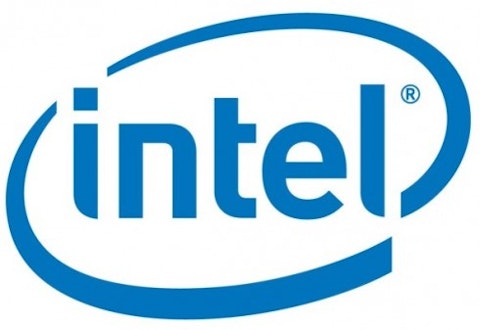Energy issues are at the forefront of the climate change debate. However, another issue is trickling forward: The power of H2O — and the dangers of a lack of it — can impact our investments.
Remember Peak Oil? Today, increasingly extreme weather and increasing awareness of scarce resources requires investors to contemplate a different danger: Peak Water.
Water, water everywhere… hey, wait…
Sustainability advocacy group Ceres tackled water scarcity issues as well as climate change at its annual conference in early May. Water scarcity is becoming a threat for the businesses we invest in and the economy at large.
In “Squeezing a Stone: Lessons From the Western Water Crisis,” Ceres’ panel used the Colorado River Basin as a high-profile example of water-related risks. Ceres’ Sharlene Leurig pointed out that the Colorado River Basin represents one of the most economically productive regions in the world. It supplies water to 40 million people from Wyoming to Mexico, allows for irrigation of 5.5 million acres of farmland, and can generate 4,000 megawatts of hydropower .
She described it as an iconic example of water management — indeed, think of the Hoover Dam, which is not only a major piece of infrastructure but has also been declared one of America’s Seven Modern Civil Engineering Wonders. The Colorado River Basin has given parched desert cities like Las Vegas and Phoenix water resources, for example, and Southern California’s millions of citizens rely on it, too. While it was a powerful boon to humans in the 20th century, Leurig pointed out that as the century turned, vulnerabilities began presenting themselves.
More than a decade of drought tells the tale. The Hoover Dam has already come “uncomfortably” close to having to shut down energy generation as flows became too low.
Political fiction and hydrologic reality
Dr. Peter Gleick of the Pacific Institute explained that the Colorado River Basin represents events in many different places. He vocalized the “peak water” idea: We think of water as “renewable,” but it isn’t really. We receive rainfall, but we can’t make more. Meanwhile, just about any major river has its limits.
Gleick pointed out that fossil fuels are different: They’re increasingly viewed as a liability, and we are running out of the environmental ability to burn them. However, we can innovate and find substitutes. On the other hand, water effectively has no substitutes.
Models suggest that not only have we overestimated the amount of water we can extract from the Colorado River Basin, but that climate change may reduce the average amount we receive going forward. Gleick argued that this could be a problem of “unprecedented magnitude.” Yikes.
Panelist Lester Snow of the California Water Foundation concurred, pointing out that basic allocations have been exposed as “political fiction exacerbated by hydrologic reality.” States relying on the Colorado River Basin put up political roadblocks, slowing down efforts.





